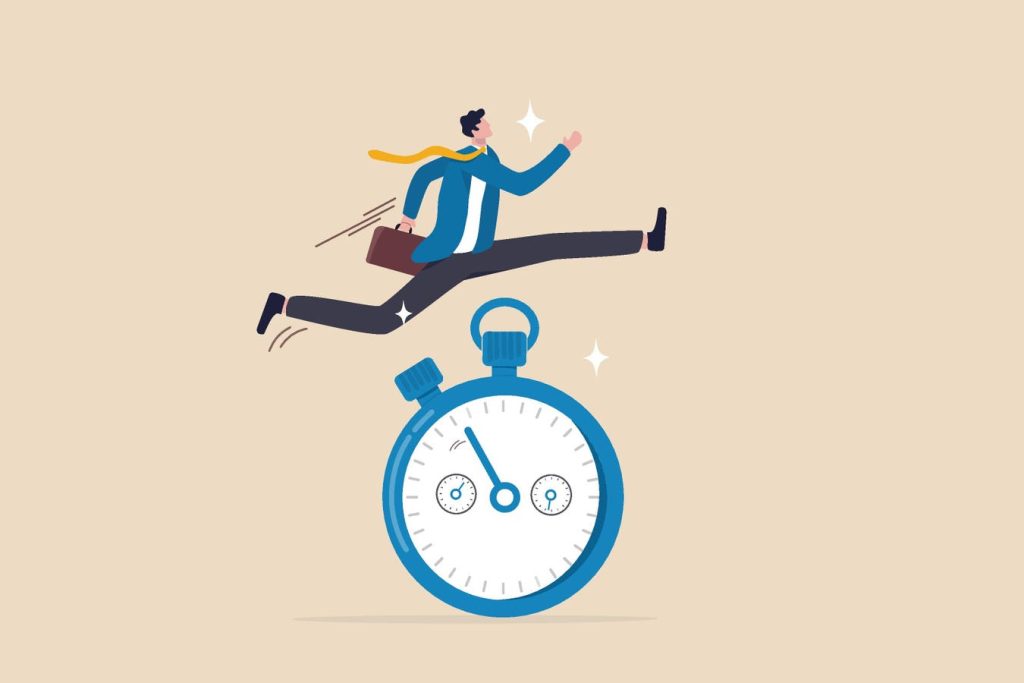I believe wealth management that only accounts for your money is disconnected from reality and may even leave you with a bankrupt calendar or an exhausted soul, regardless of the health of your personal balance sheet or cash flow statement.
That’s why we regularly refer to wealth in more expansive terms, using the acronym, TIMER, including four additional resources that are often more precious than your mullah. Your true wealth portfolio, therefore, is your:
- Time
- Influence
- Money
- Energy (health and wellness)
- Relationships
Our Most Valuable Resource
And what is the most valuable? I’d suggest it is the one resource that can never be replaced or replenished—the one that expires just as we experience it—our TIME. Thankfully, one of my favorite authors, Chris Guillebeau, known for taking nuanced and even counterintuitive positions in a thoughtful way, has addressed the big problem we have with our scarcest resource and offered us hyper-practical advice in his newest book, Time Anxiety: The Illusion of Urgency and A Better Way To Live.
One of the things I love about this project is its title, a phrase that is new to me, yet immediately familiar: time anxiety. So, how does Guillebeau define it?
“One part is the fear of time running out—it’s nonrenewable and that’s inherently stressful,” Chris told me in our recent discussion. “The other is the day-to-day question: What do I do next, out of unlimited options?”
Existential Anxiety
The first part is existential time anxiety, and it is the general reality that we all face that “time is running out in my life.” This could manifest as a “heightened sense of pressure to make every moment count” that leads to perpetual underlying stress. Or maybe it’s about recurring regrets you have about past decisions you’ve made that resulted in wasting this precious resource.
Maybe it’s “worrying that you’ll never find your true calling or purpose,” and the companion fear that you may at some future point look back on a life that feels unfulfilled. Or perhaps it’s simply the inherent human challenge of facing the finiteness of life itself.
Whether it’s persistent and pervasive or beneath the surface, I’d argue that we’ve all felt some version of this existential time anxiety.
Daily Routine Anxiety
While this phenomenon tends to play out in our perception of the past and our anticipation of the future, the other variety of time anxiety is very present, involving our daily routine: the realization that “there’s not enough time in the day.” For example:
- Here we put extreme pressure on ourselves to complete tasks within a certain timeframe.
- Or “feel like you’re always ‘on’ and can’t truly disconnect from work, even during your downtime.”
- Perhaps we struggle to stay focused on one task at a time, always distracted by newer to dos.
- Or maybe we rarely experience “a sense of completion or satisfaction after finishing a task or meeting a deadline.”
Question:
As you consider these two types of time anxiety—existential and daily routine—which tends to be more of a challenge for you?
For me, while I recognize the existential variety, I’ve done a lot of introspective work on that front, and I genuinely feel at peace with my unknown timeline within the cosmos. But I deal with the challenges of daily routine, well, daily. In fact, as I consider the question I posed to you, I realize that it may well be the foremost challenge—and stressor—that I face, both at home and at work.
And this is coming from someone who has long been a passionate pursuer of productivity. In 1998, I got my first (of several) physical Stephen Covey planners—remember those? I took the course, bought the CDs, used the Microsoft Outlook overlay, only to realize I was spending more time managing the system than doing the work!
I went through a David Allen GTD (Getting Things Done) phase but struggled to update that physical process in our virtual world. I’ve had much more success with the more minimalist Bullet Journal approach—thank you, Ryder Carroll!—and I’ve now upgraded that concept from 20+ filled Moleskine journals to the single, sleek Remarkable tablet.
I’ve read everything that Cal Newport has written (and you should, too) about Deep Work, and I’m task batching and calendar blocking. I start every week and day with a vision, plan, and identified MITs (Most Important Tasks), thanks to Daniel Pink. BUT.
But I still find myself adding more to-dos most days than I check off. My heart still quickens every time I open my email inbox. When I shut down the day’s work, I inevitably feel like there’s something I’ve missed—and when I inevitably do miss something, I’m stricken with guilt for not having lived up to my aspirations to better serve my family, my colleagues, and my clients.
Yes, I struggle with time anxiety, and I’m betting you do, too.
So, what can we do?
For starters, read Guillebeau’s book, Time Anxiety. Seriously. This isn’t a shameless plug, and I get nothing for endorsing. The big benefit that I can practically guarantee, however, is that your soul will feel nourished simply for the fact that our guide, the author, gets it. He’s not just the expert in fixing the issue (although he is), but he’s a co-sufferer and co-laborer. And sometimes, that reminder that we’re not alone on this journey is precisely what it takes to silence the shaming voice in our heads and muster the strength to take a bold step forward.
But in reading, you’ll also find numerous simple and practical steps that you can immediately apply in reducing your time anxiety. Here are just a few:
- Leave 10-to-15 minutes earlier than you think you need to. For everything. However simple, “It’s life-changing,” Guillebeau told me. “You’re literally giving yourself more time.”
- “Accept less than excellence in some areas.” This is exceedingly difficult for overachievers and perfectionists, but if “[w]e treat everything as if it’s urgent—one speed only—and that’s not truly helpful or purposeful.” Identify where 10/10 is necessary, where 8/10 will do, and where no effort or response at all may be the key to keeping your time anxiety in check.
- Don’t finish everything you start. Whether it’s a book, a movie, a TV show, a concert, a football game, or even a meeting or conference for work, “Not finishing things is one of the great joys of life,” Chris said. “Give yourself that time back.”
This is not a call for the acceptance of mediocrity, nor a manifesto against achievement, accomplishment, or healthy ambition. Quite the opposite, it’s about maximizing our time for that which is most deserving. It’s about saying No or nothing at all when it’s called for, in submission to a bigger Yes. It’s about having a better answer than “Busy!” to the question, “How’s it going?” And I believe it’s about reclaiming control over our scarcest and most precious of resources—our time.
The activity inherent in life threatens to override a heart of gratitude. Productivity alone isn’t the point. Nor are the numbers.
Because in the end, no one gets wealthy just by filling their calendar. True wealth, I think we can agree, is measured by how much of your time is truly your own.
Read the full article here













